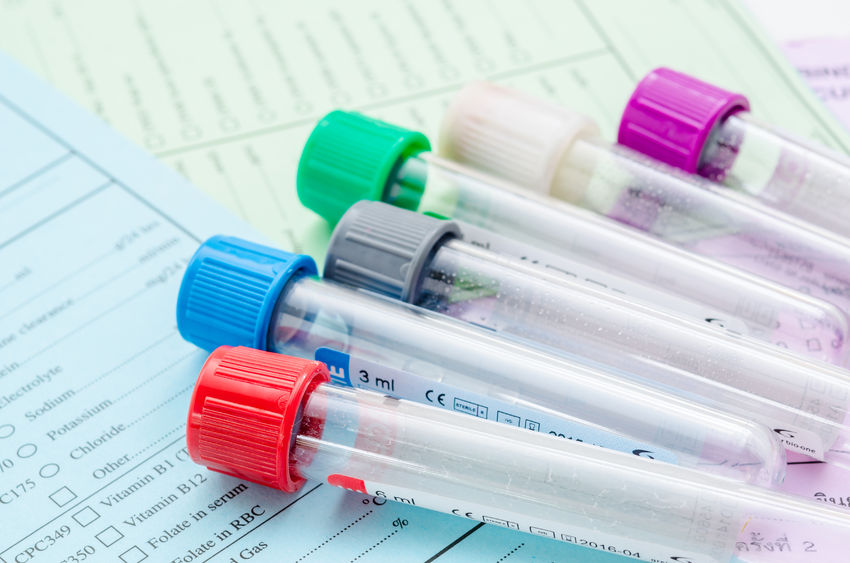
Mrsa Screening Molecular Blood
What is this test?
Methicillin-resistant Staphylococcus aureus (MRSA) are strains of Staphylococcus aureus, or "staph," bacteria that are resistant to the antibiotic methicillin as well as to related beta-lactam antibiotics, such as oxacillin, penicillin, amoxicillin, and cephalosporins, that are used to treat ordinary staph infections. MRSA testing detects the presence of MRSA in a patient's sample.
Staphylococcus aureus frequently colonizes the human skin and is present in the nose of about a third of U.S. adults. It does not usually cause illness or symptoms. However, if there is a break in someone's skin from a wound or surgery, or if someone's immune system is weakened, then colonizing S. aureus can cause an infection.
Widespread use of antibiotics over the past several decades have led to the development of antibiotic-resistant strains of S. aureus. Infection with these strains can cause skin infections and potentially more severe, life-threatening infections such as pneumonia, bloodstream infections (septicemia), or infections at a surgical site. However, according to the Centers for Disease Control and Prevention (CDC), less than 2% of the population carries the type of staph bacteria known as MRSA. For more on this, see the article Staph Infections and Methicillin-Resistant Staphylococcus aureus.
MRSA can be spread in healthcare settings and in the community. Contaminated hands, medical equipment, and surfaces in places such as hospitals, clinics, or nursing homes allow the spread of MRSA from colonized or infected patients. In the community, anything that allows for skin-to-skin contact can spread MRSA. This includes sharing personal care items, participating in contact sports, or living or working in close contact with others.
Most hospitals have instituted measures to attempt to eradicate MRSA and to control the spread of MRSA from person to person. Those who test positive for MRSA may be isolated to prevent the spread to others and/or decolonized with a nasal antibiotic ointment and daily cleansing with special antimicrobial wipes. However, exactly how to implement MRSA screening and control in healthcare settings remains somewhat controversial. For example, a 2014 study comparing prevention strategies for bloodstream infections found that treating to eliminate MRSA from intensive care unit (ICU) patients who screen positive was not as effective at reducing these infections as treating all patients admitted to the ICU. This treatment may involve administering antibiotics within the nose and cleansing patients with special antimicrobial wipes. As a result, hospital policies may change in the future and less MRSA screening may be performed in these settings.
Also known as MRSA Screening Molecular.
Test Preparation
No special preparation is needed for Mrsa Screening Molecular Blood. Inform your doctor if you are on any medications or have any underlying medical conditions or allergies before undergoing Mrsa Screening Molecular Blood. Your doctor depending on your condition will give specific instructions.
Understanding your test results
| Gender | Age groups | Value |
| UNISEX | All age groups | MRSA is present in positive cases |

